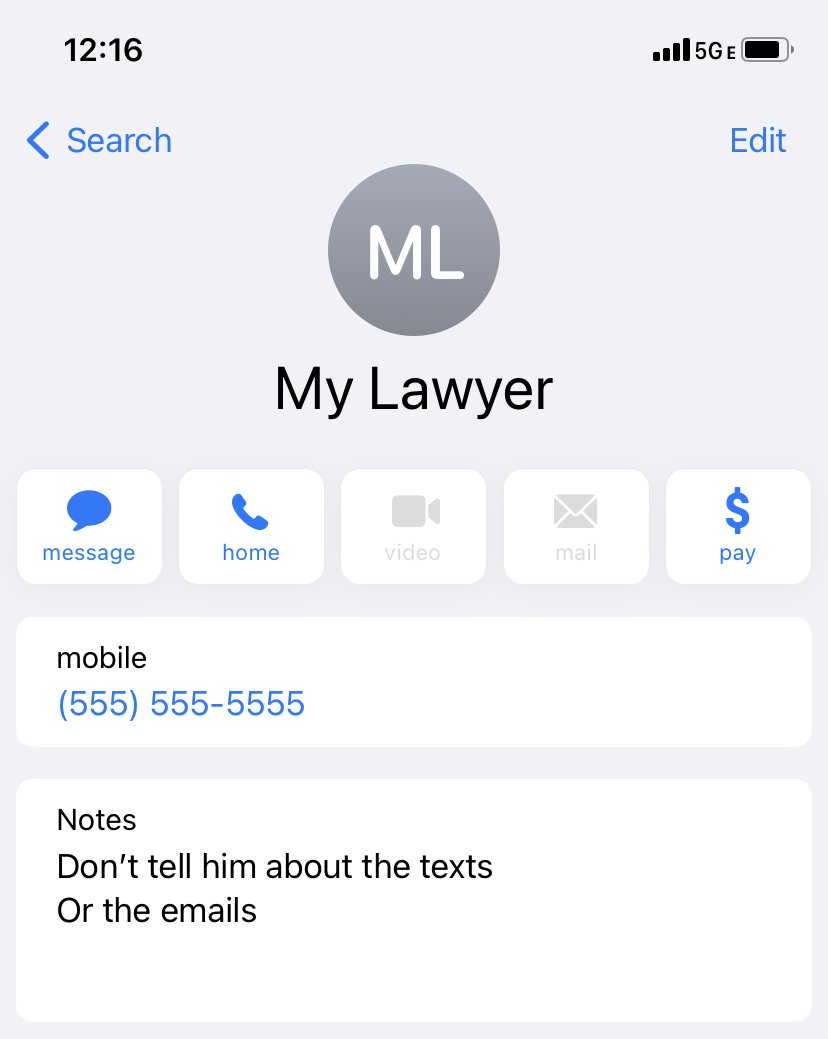Score One For Privacy
Yesterday, the U.S. District Court for the District of Massachusetts held that suspicionless searches of cell phones and laptops of international travelers at the U.S. Border were unconstitutional. (A suit brought by the ACLU regarding searches of domestic travelers’ devices remains pending in the Northern District of California.)
This has been the subject of discussion in CLE over the last couple of years, as attorneys balance their obligations to safeguard client data with their desire or need to travel. The New York City Bar Association published a Formal Opinion a couple of years ago, which advised lawyers to take reasonable protective measures (including asserting privilege to the agent), and try to avoid carrying sensitive data on the device unless it’s absolutely necessary. If lawyers do need to comply with a search, they should notify clients whose data may have been compromised. This remains sound advice.
This brings up an interesting dilemma—Model Rule 1.6 allows lawyers to reveal client information to the extent necessary to comply with a “law.” But what if the law itself is invalid? Comment 15 advises:
A lawyer may be ordered to reveal information relating to the representation of a client by a court or by another tribunal or governmental entity claiming authority pursuant to other law to compel the disclosure. Absent informed consent of the client to do otherwise, the lawyer should assert on behalf of the client all nonfrivolous claims that the order is not authorized by other law or that the information sought is protected against disclosure by the attorney-client privilege or other applicable law. In the event of an adverse ruling, the lawyer must consult with the client about the possibility of appeal to the extent required by Rule 1.4. Unless review is sought, however, paragraph (b)(6) permits the lawyer to comply with the court's order.
I would interpret this comment to allow lawyers to comply with the TSA or customs agent request even if the underlying law has been shown to be unconstitutional (this is especially if the data is confidential but not particularly sensitive—”reasonable” safeguards depend in part on the sensitivity of the information). It is likely not reasonable to expect a lawyer to get arrested or banned from flying for arguing with a security officer in order to avoid a search, and when you’re just hoping to get through the line in time to grab a sandwich before boarding, you can’t exactly file an emergency action and have a judge decide whether you need to turn over your phone. You do the best you can under the circumstances.






